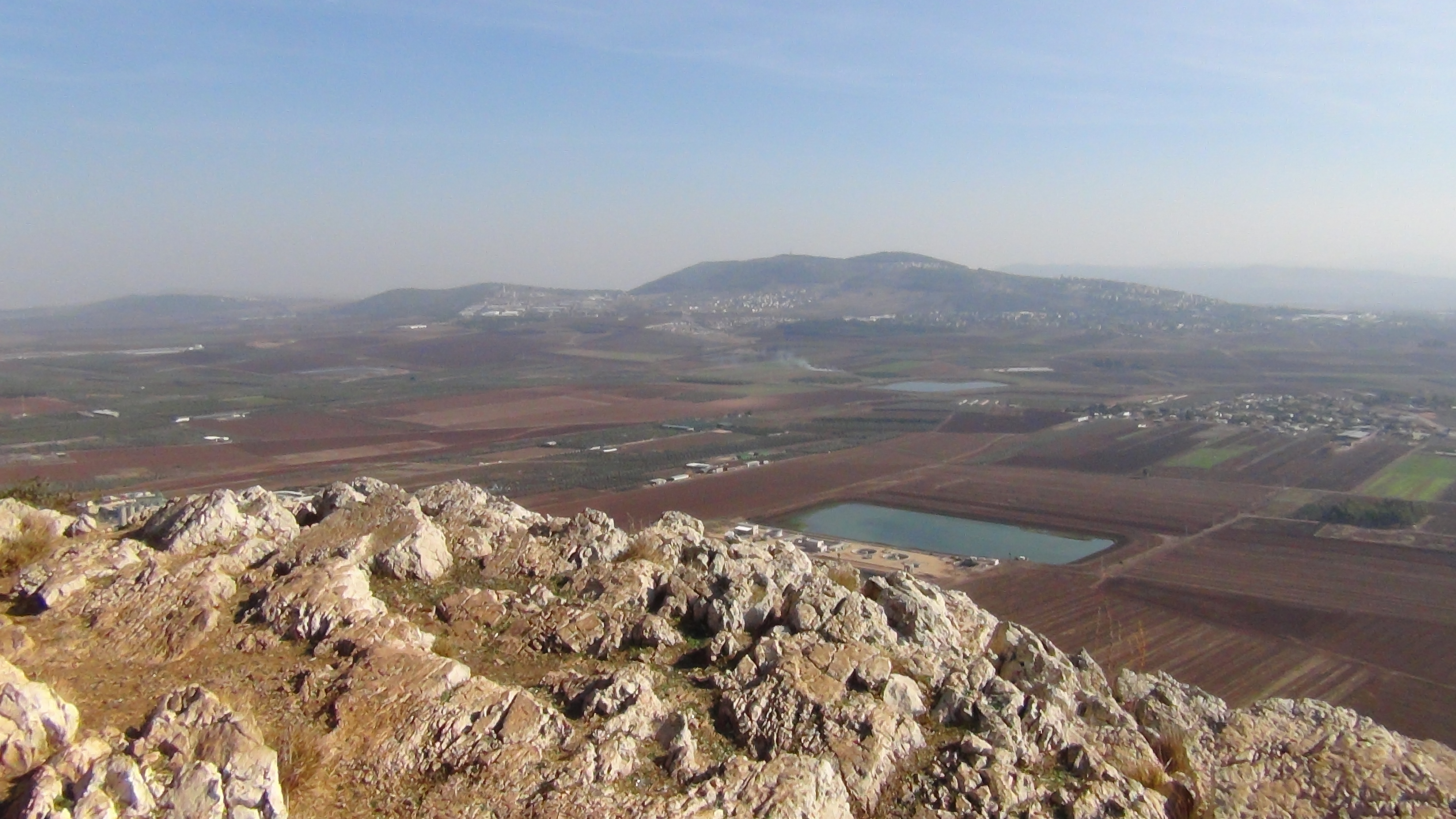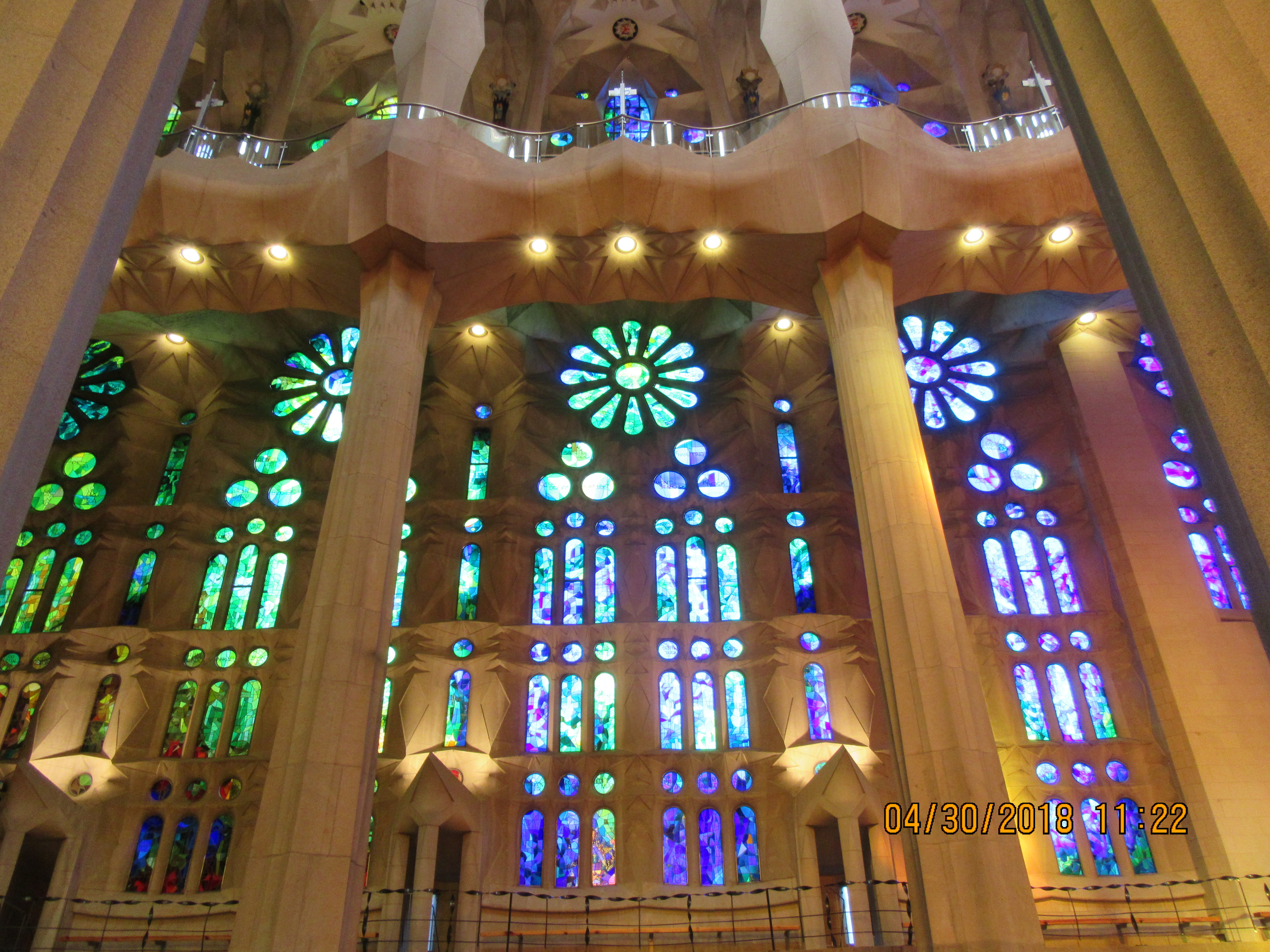Jer. 20:10-13; Ps. 69:8-10, 14, 17, 33-35; Rom. 5:12-15; Mt. 10:26-33
“Fear no one.” What unites us under God is greater than anything that seeks to divide us. Sing and praise the Lord “for he has rescued the life of the poor from the power of the wicked!” In times of “Terror” and efforts to “Denounce!” what is good and just is denounced in an effort to justify what is evil in hate and violence. We fail to see in this hate the truth denounced by the Deceiver. The Deceiver is Satan working in the hearts of those seeking to destroy culture, society, the “law” and natural law. Jesus answer is simple, “Fear no one.”
It is the spirit of evil spread throughout the world recognized by the intent to create confusion and chaos. “Law and order” are not a human construct but given by divine revelation throughout salvation history. Just as the Ten Commandments from the Old Testament and Jesus proclamation to love God with all your heart and might and your neighbor as yourself are not “feel good” options but calls to obedience. In these times we are to proclaim what unites us as a people created in the image of God creator of all. As the church closed its’ doors in fear of a virus the evil one opened the gates of hell to reign in chaos. As the doors of the church begin to reopen it is our time now to exorcise the demons and rescue souls in the name of Jesus Christ.
We are called to testify through “the Spirit of truth” and “proclaim in the housetops”. These “housetops” go outside the walls of the church through the highways of modern communication resources and down to the streets of our neighbors and friends. These are spiritual wars calling for the sons and daughters of God to fear not “those who kill the body but cannot kill the soul” attempting to shame and silence the voices of God’s truth. When others speak in error of God’s truth, we face the test of faith to acknowledge God before others with a message of truth or to deny God before others with our silence, avoidance of conflict and fear of shame.
Jeremiah reminds us, “All those who were my friends are on the watch for any misstep of mine” and what was true then is true of today’s society. As long as we follow in submission giving power to those who seek to take over the streets for the purpose of anti-God, anti-law, and anti-order we are free to roam in silence but speak of God, justice through law, or respect for order then the attack will be swift and vengeful. Under the guise of justice is the search for power in the “us-them” force of division. “Us-them” has the only ending possible which is destruction of all that is good, truth, goodness, beauty and unity. It is to deny God.
Fearlessness requires overcoming our own prejudices, that is our prejudgment of others and learned biases because of our differences and having the courage to encounter people where they are at in their lives sharing the good news of Jesus’ love, mercy, and justice. Fearlessness is relational in seeking to understand and overcome division for a greater good. Fearlessness is knowing there is no difference or similarity among us that God does not know created for a purpose that can serve a greater good so be not afraid God is with us.
If we are to testify in the “Spirit of truth” and are to be ready to respond to the test then we must be a people of prayer, of celebration of life in communion with the church, and of union with Jesus’ body and blood in the Eucharist. These are our weapons to fear not and reflect the light in this darkness of sin and evil. Let us constantly pray, “Lord, in your great love, answer me” in every moment and challenge before us and he will give us the words of eternal life and the word at the moment of truth.











Recent Comments